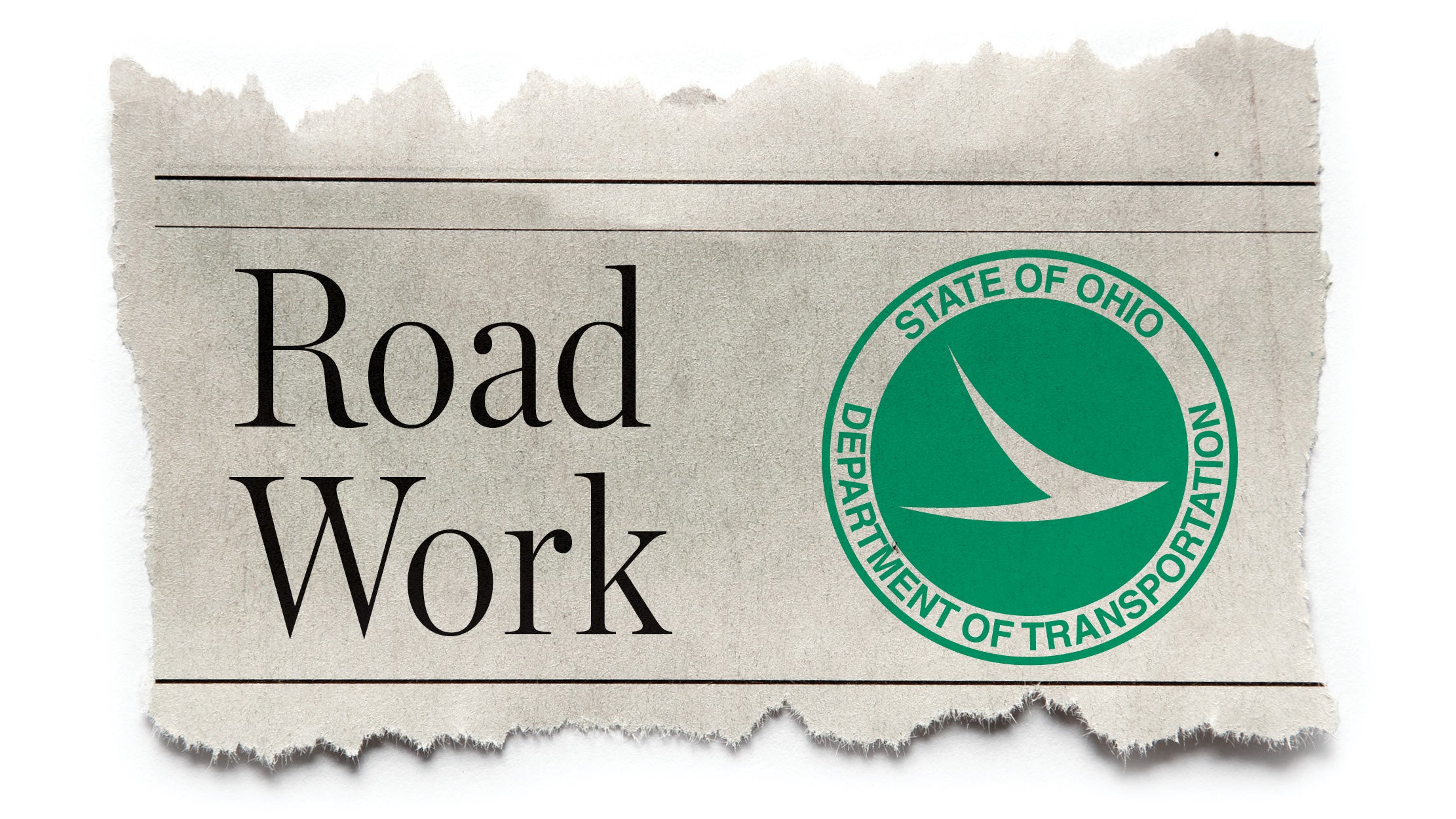Groundwater Awareness Week set for March 7-13
Published 12:00 am Sunday, March 7, 2010
Groundwater is water that is found underground in the cracks and spaces in soil, sand and rock. Groundwater is stored in, and moves slowly through, layers of soil, sand and rocks called aquifers. These aquifers are where we get our water.
Water is brought to the surface naturally through a spring or can be discharged into lakes or streams. Groundwater can be extracted through a well drilled into the aquifer. Some people have private wells on their property where they draw their water supplies from. Other people have a water supply company that uses wells to provide their customers with water.
Groundwater is replenished by rain and snow melt. In some areas of the world, people face serious water shortages because groundwater is used faster than it can be replenished. In other areas, groundwater is polluted by human activities.
Groundwater can be polluted by landfills, septic tanks, leaky underground gas tanks, and from overuse of fertilizers and pesticides, just to name a few pollutants. If groundwater becomes polluted, then it is no longer safe to drink.
Just as you check your furnace or smoke detector batteries seasonally, spring is a good season to have an annual water well checkup before the peak water use season begins, according to the National Ground Water Association (NGWA).
An annual checkup by a qualified water well contractor is the best way to ensure problem-free service and quality water.
Also, preventative maintenance usually is less costly than emergency maintenance, and good well maintenance — like good car maintenance — can prolong the life of your well and related equipment. NGWA further recommends you test your water anytime there is a change in taste, odor, or appearance, or anytime the system is serviced.
Wells can provide high-quality drinking water, and about half the U.S. population receives its drinking water from wells. But with well ownership comes the responsibility of keeping the water well in good working order.
It is recommended that well owners keep hazardous chemicals, such as paint, fertilizer, pesticides and motor oil far away from your well, and maintain a “clean” zone of at least 50 feet between your well and any kennels and livestock operations. Maintain proper separation between your well and buildings, waste systems, and chemical storage areas.
Periodically check the well cover or well cap on top of the casing (well) to ensure it is in good repair and securely attached. Its seal should keep out insects and rodents. Keep your well records in a safe place. These include the construction report, and annual water well system maintenance and water testing results.
For more information about wells, you can visit http://www.wellowner.org.
For additional information, contact:
Carrie Yaniko, Urban / Education Specialist, Lawrence SWCD, 740-867-4737, carrie.yaniko@oh.nacdnet.net.




